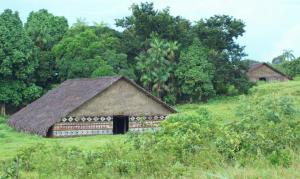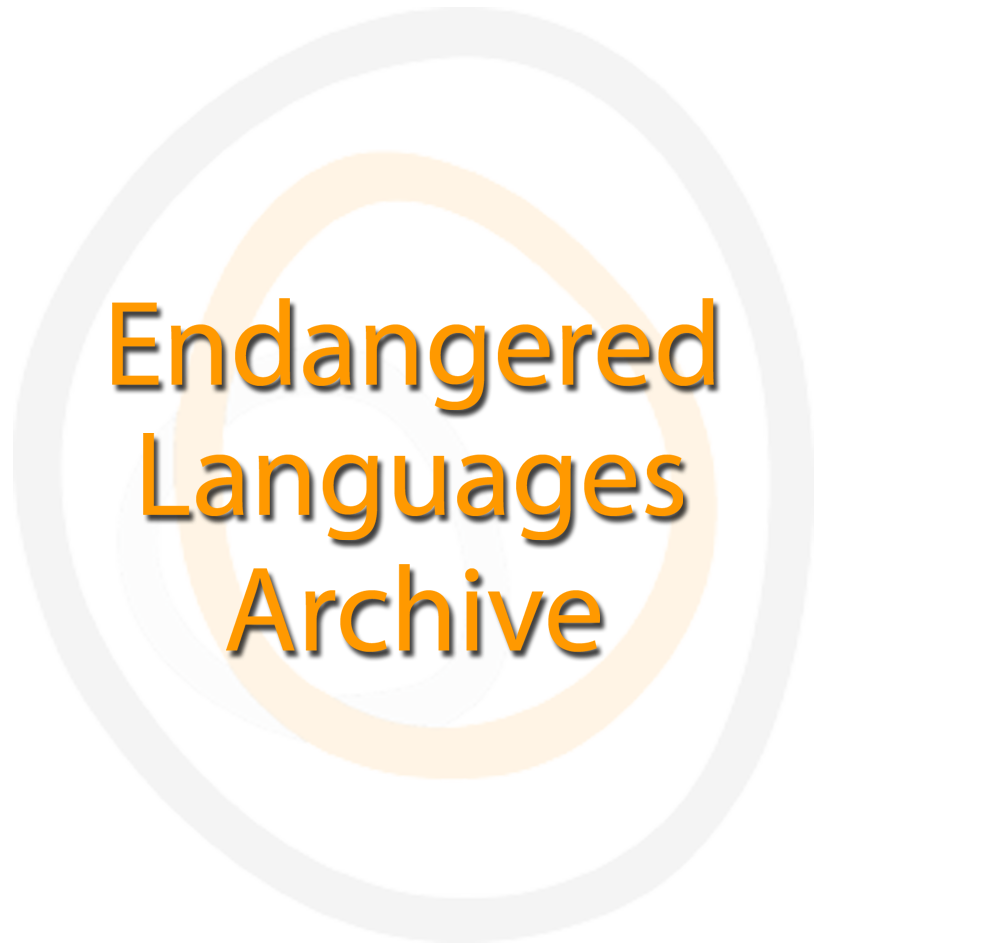Kotiria Linguistic and Cultural Archive

Landing page image for the collection “Kotiria Linguistic and Cultural Archive”. Click on image to access collection.
| Language | Kotiria |
| Depositor | Kristine Stenzel |
| Affiliation | Federal University of Rio de Janeiro |
| Location | Brazil |
| Collection ID | 0137 |
| Grant ID | MDP0155 |
| Funding Body | ELDP |
| Collection Status | Collection online |
| Landing Page Handle | http://hdl.handle.net/2196/7a7bbfc0-604e-4d76-b3a3-14d13d679658 |
Podcast
Kristine Stenzel, and the Kotiria and the Wa’ikhana Languages of Brazil
Showreel
Summary of the collection
Kotiria (Wanano) is an Eastern Tukanoan language spoken in Brazil and Colombia. This collection contains sixty-seven audio and video recordings of Kotiria oral literature and cultural practices and includes examples of diverse genres: ‘origin’ stories, traditional stories, personal narratives, comical stories, interviews, conversation and informational public addresses. Content includes traditional ‘Curupira’ (evil beings) and ‘Turtle’ stories; descriptions of daily life and activities of the Kotiria people; explanations of the celestial calendar, production of woven artifacts, types of flutes, foods, wildlife and plants, and traditions related to dance ceremonies; documentaries on the building of a longhouse and traditional fishing methods; and the mythological origins and history of the Kotiria people.
Group represented
Kotiria (Eastern Tukanoan), also known as Wanano/Guanano
Collection contents
This collection contains audio, video, and photographs.
Acknowledgement and citation
Users of any part of the collection should acknowledge Kristine Stenzel as the principal investigator, the data collector and the researcher. Users should also acknowledge the Endangered Languages Documentation Programme (ELDP) as the funder of the project. Individual speakers whose words and/or images are used should be acknowledged by respective name(s). Any other contributor who has collected, transcribed or translated the data or was involved in any other way should be acknowledged by name. All information on contributors is available in the metadata.
To refer to any data from the collection, please cite as follows:
Stenzel, Kristine. 2007. Kotiria Linguistic and Cultural Archive. Endangered Languages Archive. Handle: http://hdl.handle.net/2196/00-0000-0000-0002-05B0-5. Accessed on [insert date here].
Translation of the Kotiria Archive Access Document
We, the undersigned members of the Kotiria Linguistic Documentation team (representing all participants in the Kotiria linguistic workshops), together with the president of the Khumuno Wʉ’ʉ Kotiria Indigenous School and community leaders (representing the villages of Carurú Cachoeira, Poraquê Ponta, Jutica, Matapí and Ilha de Inambú, located in the Upper Rio Negro Indigenous Lands in the State of Amazonas, Brazil), authorize the deposit of our corpus of audiovisual recordings and written texts in the Digital Archives of the Indian Museum (FUNAI, RJ) and ELAR (ELDP-SOAS, London), so that they may be safeguarded and preserved.
We authorize unrestricted digital access to the materials, but request that users desiring to know more about us identify themselves by means of a simple control form.
Use of any information from the archive in scientific works is conditional on acknowledgement of the source as the “Kotiria Linguistic and Cultural Archive”, and we ask that a digital copy or five printed printed copies of the work be sent to us at the following mailing address (digital copies may be sent through the depositor):
Associação Escola Khumuno Wʉ’ʉ Kotiria (ASEKK)
Caixa Postal 31
Avenida Alvaro Maia 79
Centro, São Gabriel da Cachoeira, Amazonas, Brazil
69750-000
Under no circumstances can any images from the archive be used without previous and explicit permission, nor may any component of the archive be used for commercial purposes.
Carurú-Cachoeira, September 25, 2010
Document signed by:
José Galves Trindade, coordinator of the Kotiria documentation team;
Domingos Sávio Dias Alvares, Auxiliadora Ferreira Figueiredo and Maria Araci Melo Alvares, members of the Kotiria documentation team;
Fausto de Jesus Ferraz, president of the school association ASEKK;
João Batista Pinheiro Figueiredo, community leader;
with sixty-three additional signatures


